Man Booker judges blast gushing book blurbs
Over-the-top quotes have long been an annoyance, so why use them?

A free daily email with the biggest news stories of the day – and the best features from TheWeek.com
You are now subscribed
Your newsletter sign-up was successful
Judges for the UK’s Man Booker Prize literary award have announced their 2017 shortlist, but while praising the writing they’ve complained about the flowery, gushing blurbs that accompany many of the books they read.
Some of the Man Booker judges find the quotes both annoying and embarrassing, The Times reports.
“There are certain quotes that almost blackmail you into feeling intellectually or morally incompetent if you have not liked the book or have not understood it,” said travel writer and novelist Colin Thubron.
The Week
Escape your echo chamber. Get the facts behind the news, plus analysis from multiple perspectives.

Sign up for The Week's Free Newsletters
From our morning news briefing to a weekly Good News Newsletter, get the best of The Week delivered directly to your inbox.
From our morning news briefing to a weekly Good News Newsletter, get the best of The Week delivered directly to your inbox.
Fellow judge, artist Tom Phillips, complained that the blurbs were “outrageous in some instances”.
‘You’ll claw yourself with pleasure’
The Booker judges aren’t the first to object to over-the-top or reductive book blurbs. The Huffington Post published a list of most-hated book quotes by famous writers a few years ago. One writer, Frank McCourt, compared Mitch Albom’s The Five People You Meet In Heaven to The Odyssey.
McCourt is a notorious offender who has claimed on at least three blurbs that “you’ll claw yourself with pleasure”, said Colin Dwyer, writing for NPR in 2015. The book blurb is one of the only place you’ll find “words you might never hear otherwise – like compelling, or luminous, or unputdownable”, Dwyer added.
A free daily email with the biggest news stories of the day – and the best features from TheWeek.com
Sky News notes that debut author Fiona Mozley’s blurb includes a review by The Economist that calls her novel, Elmet, “a quiet explosion of a book, exquisite and unforgettable”, while the London Evening Standard’s review of Autumn by Ali Smith says her writing “lifts the soul”.
In an article in The Guardian earlier this year, Rafia Zakaria condemned the use of “Didion-esque” and “Didion-ish” as catch-all terms to boost books by white female authors. Zakaria complained that repeated comparisons of female authors to Joan Didion had become “a prescription” that was “stifling literature’s diversity”.
‘Disgusting tripe’?
Blurbs and their critics have been around for decades. In 1936, George Orwell complained about “the disgusting tripe that is written by the blurb-reviewers”.
So why are they still around? According to Dwyer, the real purpose of a blurb is to get a book noticed in a crowded market. It’s not about what the blurb says as much as who says it. The imprimatur of an established writer can make someone want to buy the book.
This year’s Man Booker 2017 shortlist of writers includes established names such as Paul Auster, George Saunders and Ali Smith. As well as Fiona Mozley, the list includes debut novelist Emily Fridlund, who along with Mohsin Hamid, will compete for the top prize, to be announced on 17 October.
Judging chair Baroness Lola Young praised the shortlisted titles as “unique and intrepid books that collectively push against the borders of convention”. The book blurbs, however, were another story.
-
 How the FCC’s ‘equal time’ rule works
How the FCC’s ‘equal time’ rule worksIn the Spotlight The law is at the heart of the Colbert-CBS conflict
-
 What is the endgame in the DHS shutdown?
What is the endgame in the DHS shutdown?Today’s Big Question Democrats want to rein in ICE’s immigration crackdown
-
 ‘Poor time management isn’t just an inconvenience’
‘Poor time management isn’t just an inconvenience’Instant Opinion Opinion, comment and editorials of the day
-
 Sport on TV guide: Christmas 2022 and New Year listings
Sport on TV guide: Christmas 2022 and New Year listingsSpeed Read Enjoy a feast of sporting action with football, darts, rugby union, racing, NFL and NBA
-
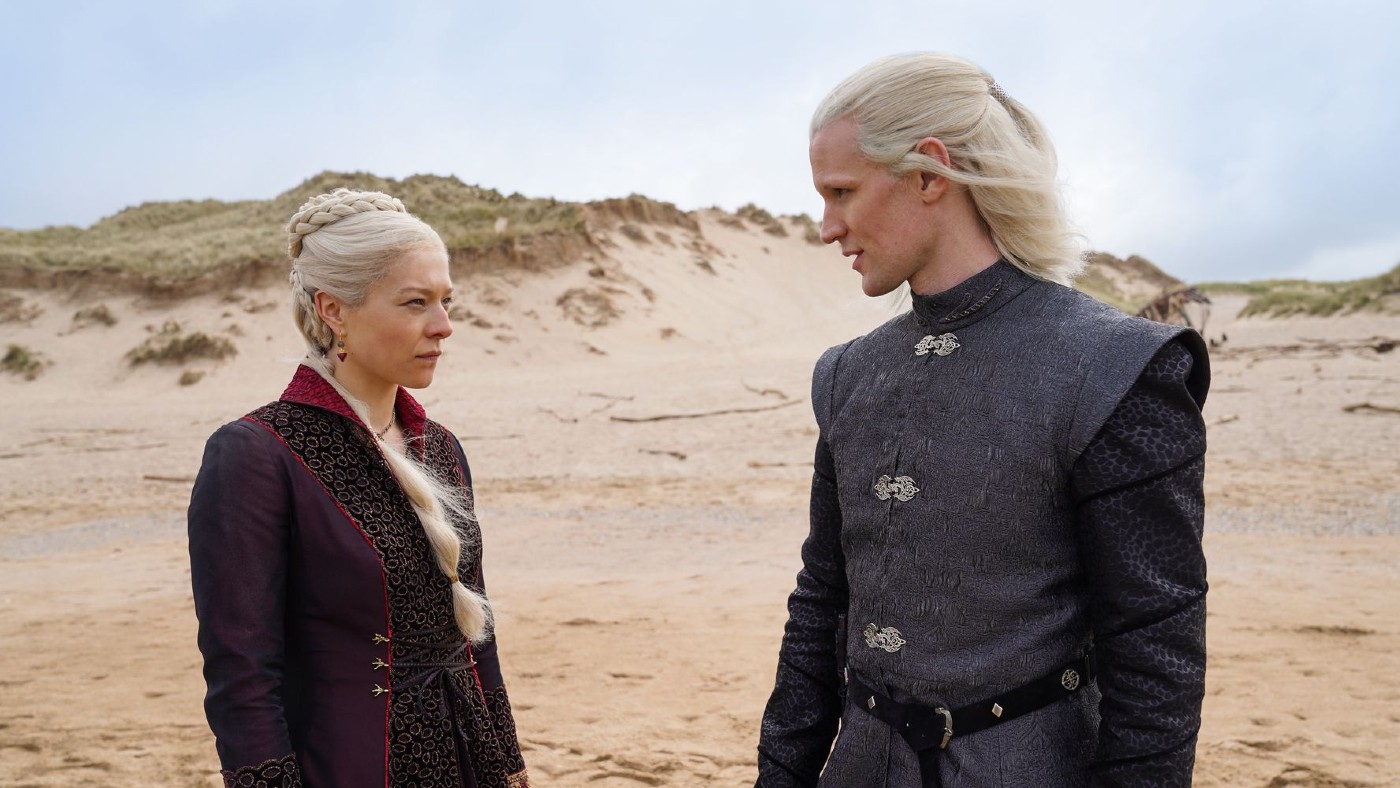 House of the Dragon: what to expect from the Game of Thrones prequel
House of the Dragon: what to expect from the Game of Thrones prequelSpeed Read Ten-part series, set 200 years before GoT, will show the incestuous decline of Targaryen
-
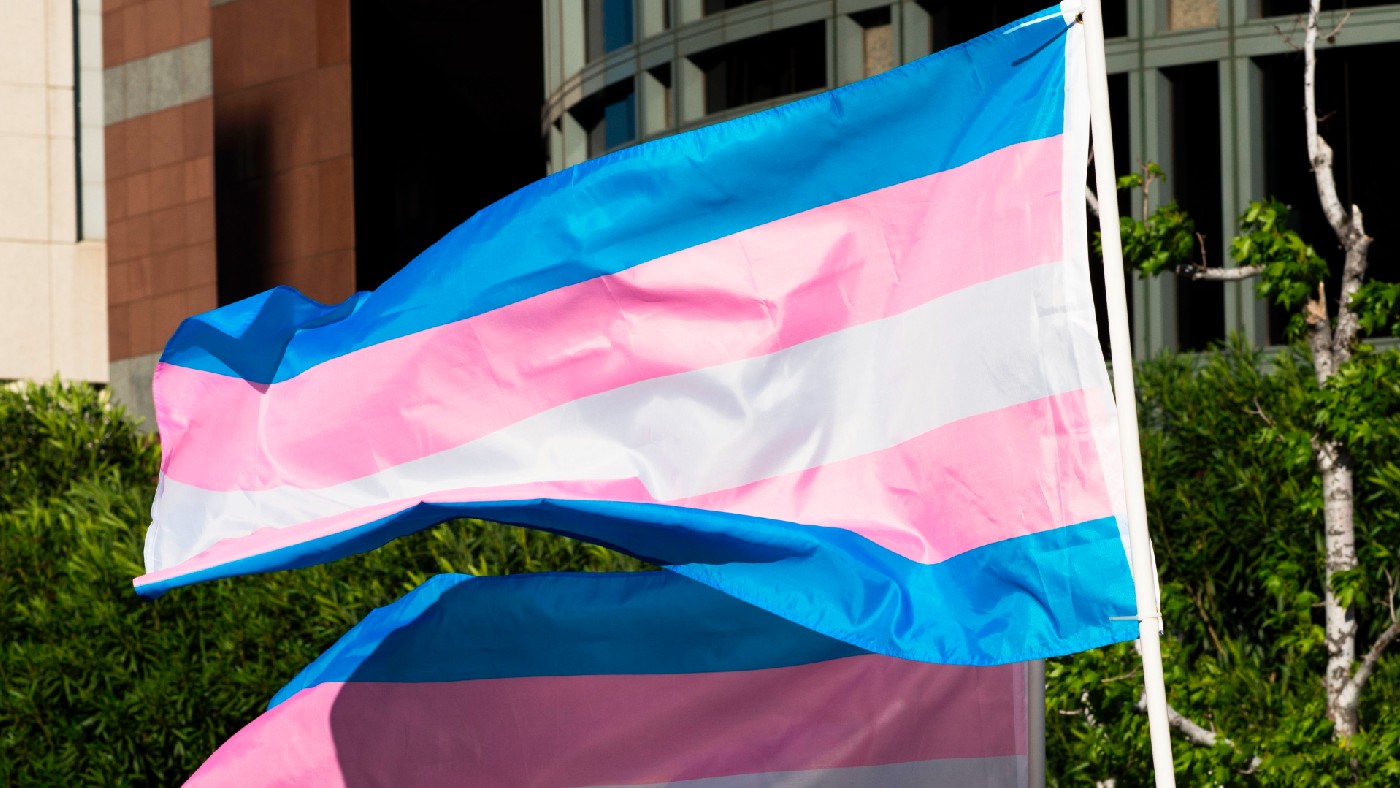 One in 20 young Americans identify as trans or non-binary
One in 20 young Americans identify as trans or non-binarySpeed Read New research suggests that 44% of US adults know someone who is transgender
-
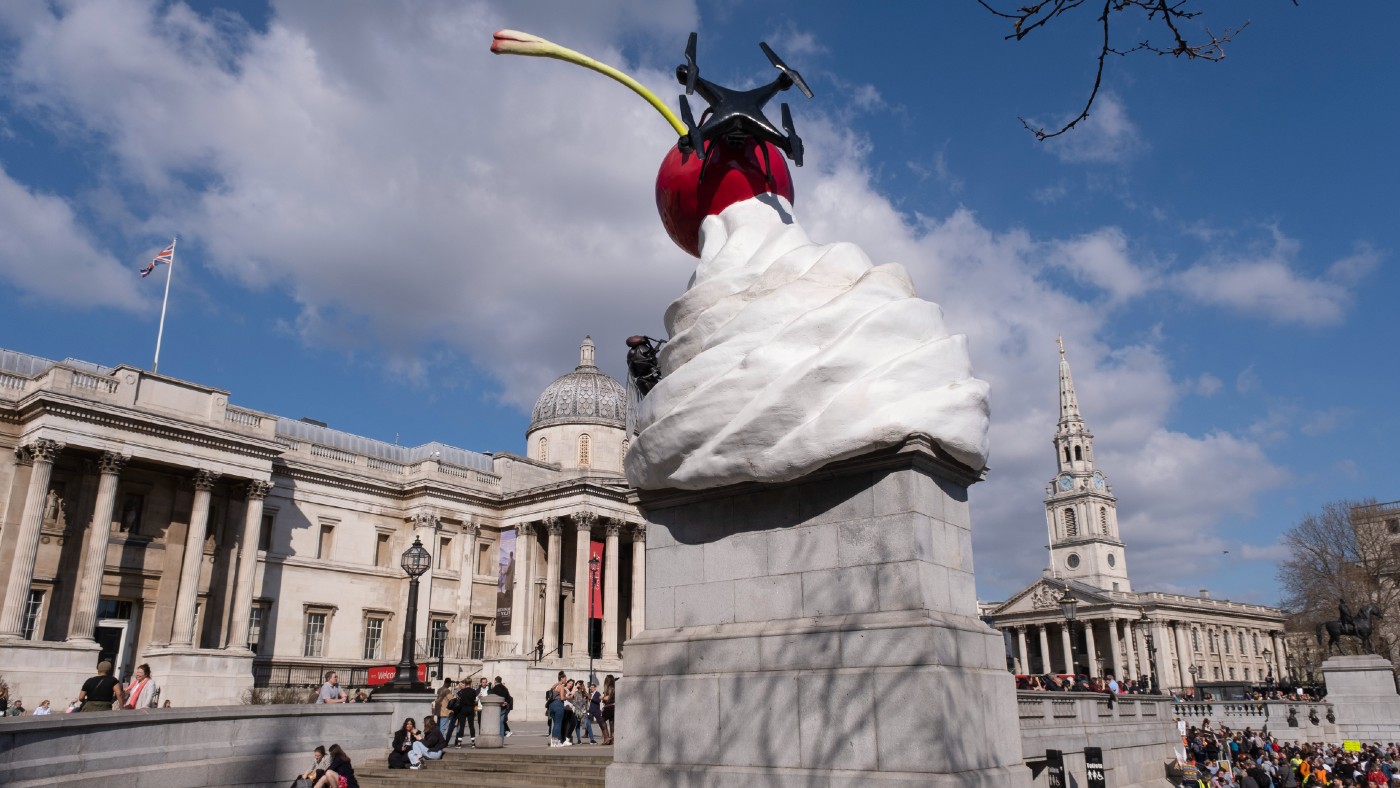 The Turner Prize 2022: a ‘vintage’ shortlist?
The Turner Prize 2022: a ‘vintage’ shortlist?Speed Read All four artists look towards ‘growth, revival and reinvention’ in their work
-
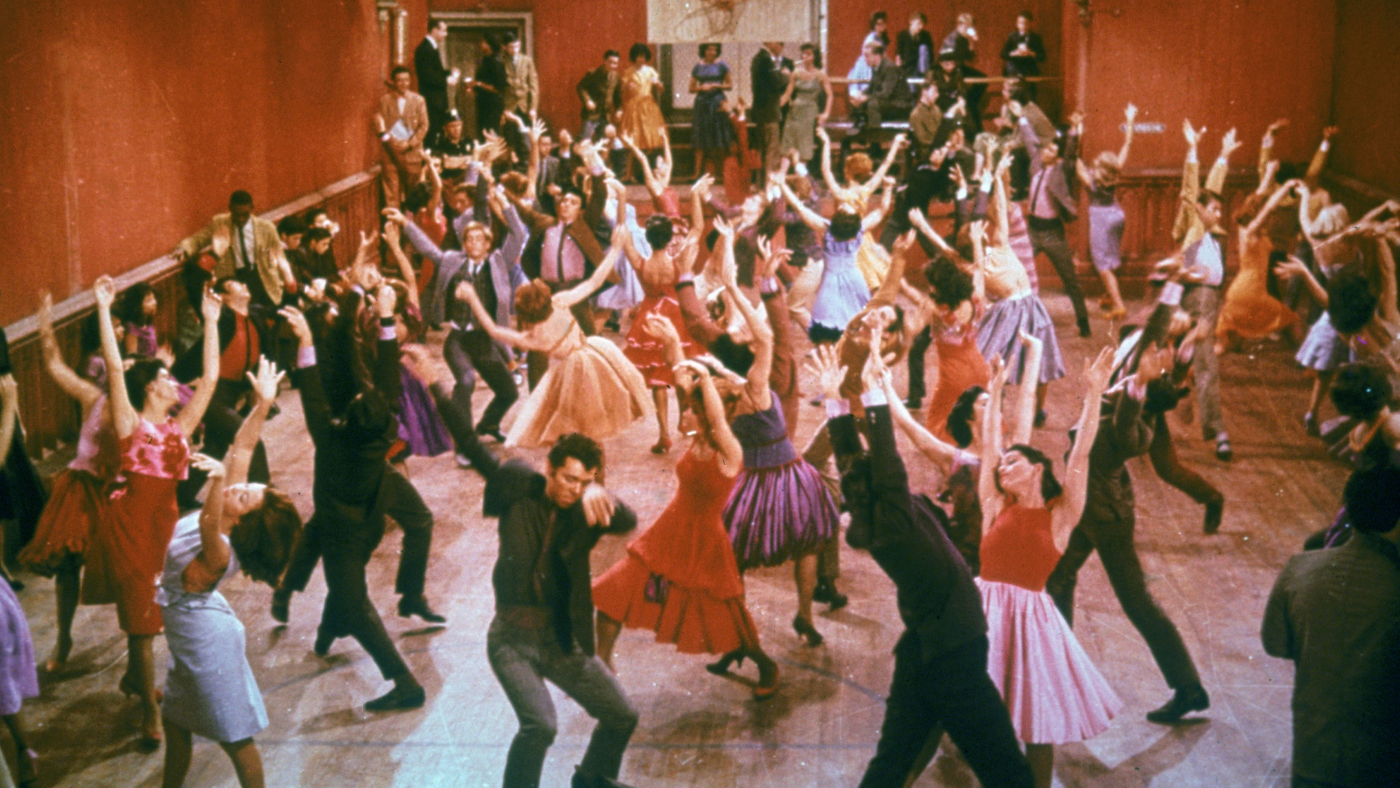 What’s on TV this Christmas? The best holiday television
What’s on TV this Christmas? The best holiday televisionSpeed Read From films and documentaries to musicals for all the family
-
 Coco vision: up close to Chanel opticals
Coco vision: up close to Chanel opticalsSpeed Read Parisian luxury house adds opticals to digital offering
-
 Abba returns: how the Swedish supergroup and their ‘Abba-tars’ are taking a chance on a reunion
Abba returns: how the Swedish supergroup and their ‘Abba-tars’ are taking a chance on a reunionSpeed Read From next May, digital avatars of the foursome will be performing concerts in east London
-
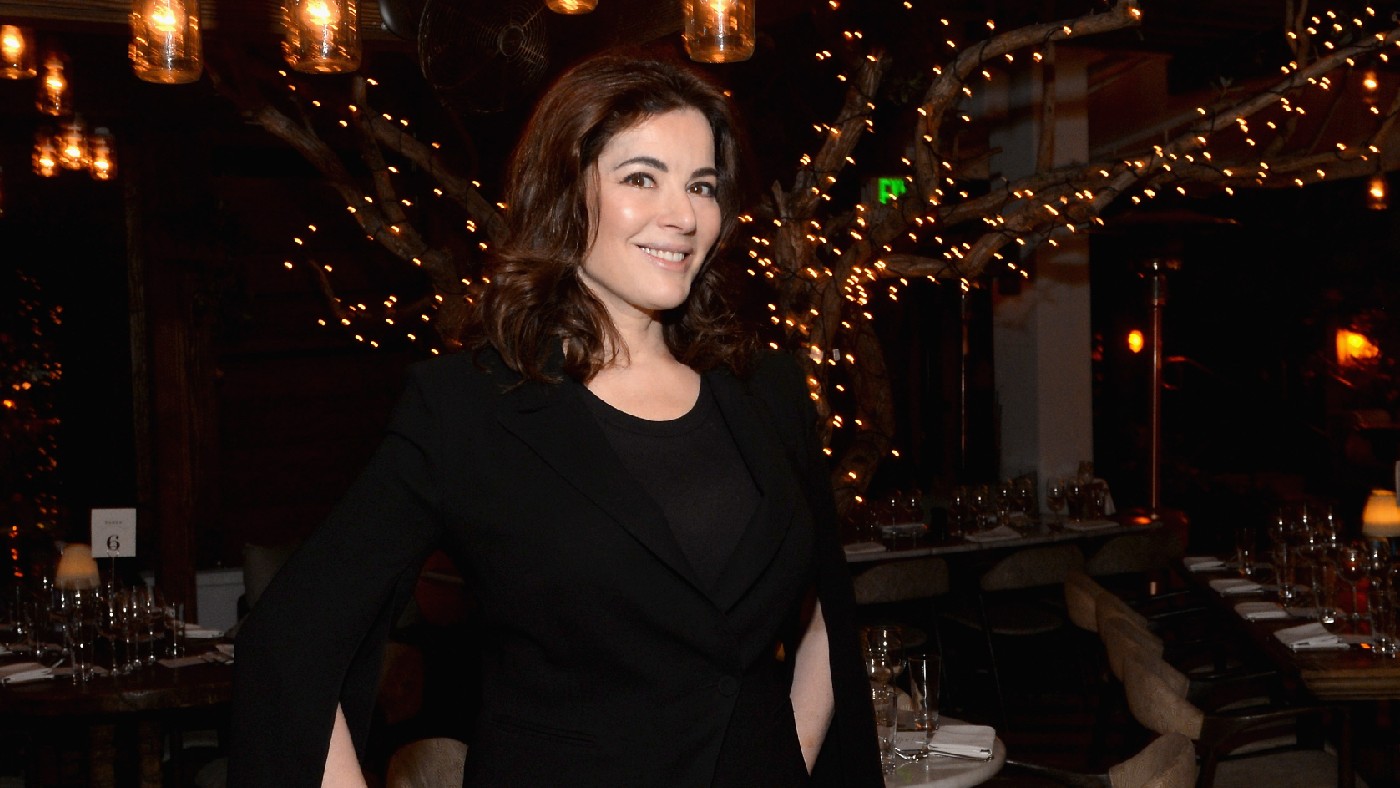 ‘Turning down her smut setting’: how Nigella Lawson is cleaning up her recipes
‘Turning down her smut setting’: how Nigella Lawson is cleaning up her recipesSpeed Read Last week, the TV cook announced she was axing the word ‘slut’ from her recipe for Slut Red Raspberries in Chardonnay Jelly